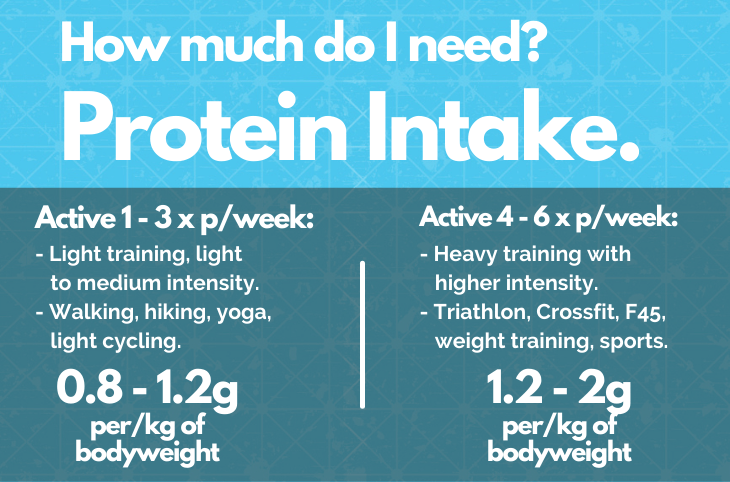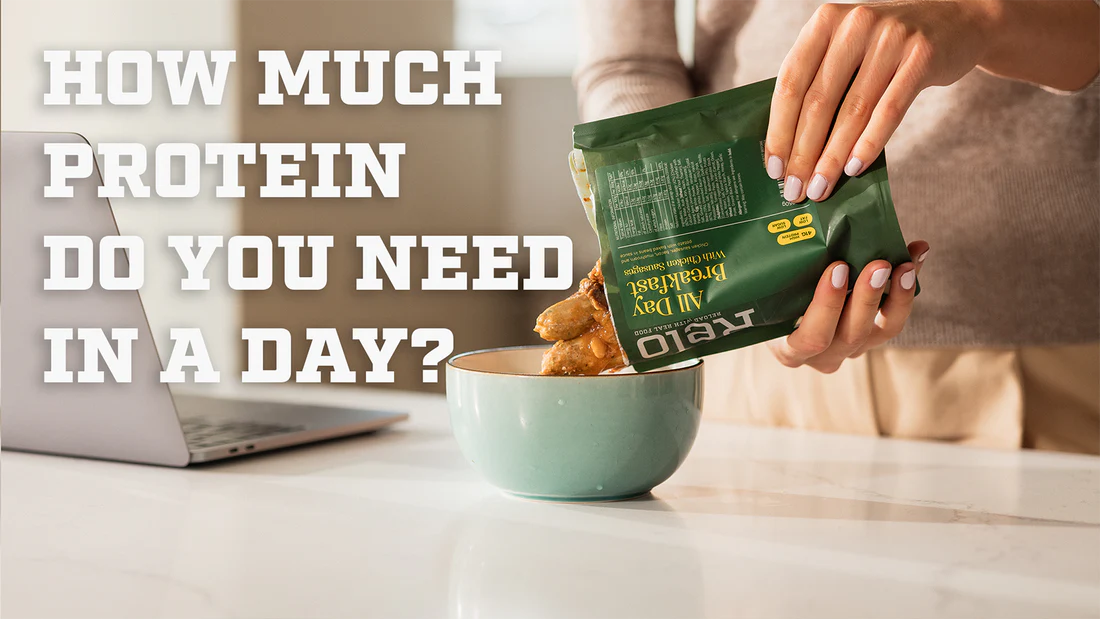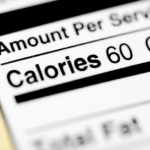Protein is one of the most important nutrients your body needs. It builds muscle, repairs tissue, and keeps your body working well. But how much protein do you really need every day? And what are the best ways to get it—especially if you’re new to healthy eating or fitness?
This guide breaks it down in simple terms. You’ll learn the best protein sources, how much protein to eat daily, and how to match your intake to your goals. Whether you want to lose weight, gain muscle, or just feel better, this beginner-friendly guide is for you.
What Is Protein and Why Do You Need It?

The Role of Protein in the Body
Protein is a building block. It makes up your muscles, skin, hair, and nails. It also helps make enzymes, hormones, and antibodies that keep your body healthy. Every single cell in your body uses protein.
Complete vs. Incomplete Protein
There are two types: complete and incomplete. Complete proteins have all nine essential amino acids. These are found in meat, dairy, eggs, and soy. Incomplete proteins, like beans or rice, are missing one or more. But don’t worry—eating a variety of plant foods throughout the day can still give you all the amino acids you need.
Also Read 10-Minute Core Workout for Total Beginners You Can Do Anywhere
Daily Protein Requirements for Different People
Standard Recommendation
The average adult needs about 0.8 grams of protein per kilogram of body weight. That’s about 0.36 grams per pound. For someone who weighs 150 pounds, that’s roughly 55 grams of protein each day.
How the Average American Eats
Most Americans eat more than this already—usually around 70 to 100 grams per day. But eating more than the bare minimum can help with fat loss, energy levels, and feeling full longer.
When You May Need More Protein
Active People and Fitness Enthusiasts
If you exercise, lift weights, or play sports, your body needs more protein to recover and grow. A good goal is 1.2 to 2.0 grams per kilogram of body weight. That’s about 0.5 to 0.9 grams per pound.
Older Adults
As you age, you naturally lose muscle. To fight this, adults over 50 should eat about 1.0 to 1.2 grams per kilogram. This helps maintain strength, mobility, and balance.
How Much Protein Is Too Much?
Safe Limits for Healthy Adults
Most healthy people can eat up to 2.0 grams per kilogram of body weight without problems. That’s about 0.9 grams per pound. Some athletes eat even more under medical supervision. But for most people, more protein won’t mean more benefits.
Possible Side Effects
Too much protein may lead to kidney stress, especially in people with kidney disease. It can also lead to weight gain if you go over your daily calorie needs. Plus, eating too much meat and not enough fiber-rich foods can cause digestion problems.
Protein as a Percentage of Your Diet
General Range
Experts recommend that 10% to 35% of your daily calories should come from protein. If you eat 2,000 calories a day, that means 50 to 175 grams of protein.
Easy Example
If you eat three meals a day and want to get 90 grams of protein, that’s 30 grams per meal. This can be a chicken breast at lunch, some eggs and toast at breakfast, and grilled tofu with rice at dinner.
Best Times to Eat Protein
Spread Protein Out Over the Day
Your body absorbs protein better when you eat it across the day. Try to include protein in every meal—about 20 to 30 grams per meal for best results.
Don’t Skip Protein at Breakfast
Starting your day with a protein-rich meal helps you stay full and keeps your blood sugar stable. Try eggs, Greek yogurt, or a protein smoothie to power up your morning.
Recommended Protein Intake by Lifestyle
| Lifestyle Type | Protein (grams/kg) | Protein (grams/lb) |
|---|---|---|
| Sedentary (not very active) | 0.8 | 0.36 |
| Lightly active or walking | 1.0–1.2 | 0.45–0.55 |
| Exercising regularly | 1.2–1.5 | 0.5–0.7 |
| Weight lifting or endurance | 1.6–2.0 | 0.7–0.9 |
| Adults over age 50 | 1.0–1.2 | 0.45–0.55 |
Top Protein-Rich Foods to Eat Daily
Best Animal-Based Protein Sources
- Chicken, turkey, and lean beef
- Eggs and egg whites
- Milk, cheese, and Greek yogurt
- Fish like salmon and tuna
Best Plant-Based Protein Sources
- Lentils, chickpeas, and black beans
- Tofu, tempeh, and soy milk
- Nuts, seeds, and nut butters
- Whole grains like quinoa and brown rice
Smart Ways to Add Protein to Your Meals
Protein for Breakfast
- Scrambled eggs with whole-wheat toast
- Greek yogurt with granola and berries
- A protein shake with almond butter and banana
Protein for Lunch and Dinner
- Chicken stir-fry with veggies and rice
- Quinoa bowl with black beans and avocado
- Grilled salmon with a side of roasted veggies
Common Protein Mistakes to Avoid
Not Eating Enough
If you skip meals or don’t eat balanced plates, you may fall short on protein. This can lead to fatigue, slow recovery, and muscle loss—especially during weight loss or aging.
Eating Too Much at One Time
Your body can only use so much protein at once. Eating 80 grams of protein in one meal won’t help more than eating 25–30 grams spread over three meals.
Protein Myths Debunked
Myth: More Protein Equals More Muscle
You need exercise, especially resistance training, to build muscle. Protein alone won’t do it.
Myth: Plant Protein Is Not Enough
You can meet all your protein needs on a plant-based diet by eating a variety of foods. Soy, beans, whole grains, nuts, and seeds make it easy.
Frequently Asked Questions (FAQs)
How much protein do I really need daily?
Most adults need 0.8 grams per kilogram, but active people need 1.2 to 2.0 grams per kilogram. That’s about 50–100 grams per day, depending on your weight and lifestyle.
Can I get enough protein from a vegetarian or vegan diet?
Yes! Combine beans, lentils, grains, nuts, and soy products to cover all amino acids. A varied plant-based diet is rich in protein.
Should I take a protein supplement?
Only if you’re not meeting your needs from food. Whole foods are better, but powders can help if you’re busy, training hard, or struggling to eat enough.
Is it safe to eat a lot of protein every day?
For healthy people, yes—within reason. Up to 2 grams per kilogram is generally safe. If you have kidney problems, talk to your doctor first.
When is the best time to eat protein?
Try to eat some with every meal. Post-workout protein (15–25 grams) within 1–2 hours can help with recovery and muscle building.
Final Takeaway: Protein Is Powerful—Use It Wisely
Protein is essential for staying strong, energized, and healthy. But you don’t need to overthink it. Eat balanced meals with protein at every meal. Choose lean, whole-food sources. Adjust your intake to match your activity level and age.
Whether you’re building muscle, losing fat, or just eating smarter—protein is your best ally.
Now that you know how much protein you need, go power up your plate!
Author- Ayush










